Question And Answer
Publications
Articles, publications, books, tools and multimedia features from the U.S. Institute of Peace provide the latest news, analysis, research findings, practitioner guides and reports, all related to the conflict zones and issues that are at the center of the Institute’s work to prevent and reduce violent conflict.
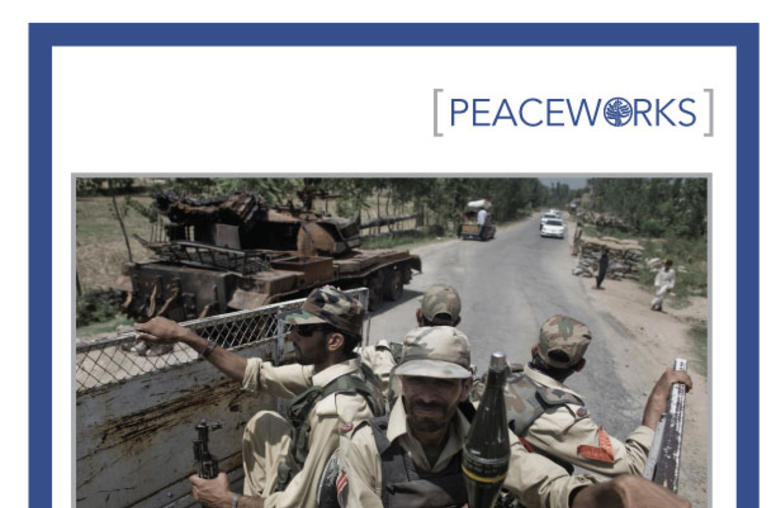
Domestic Barriers to Dismantling the Militant Infrastructure in Pakistan
Pakistan will continue to find it difficult to counter militancy more vigorously in its territory, and U.S. officials urging the country to make greater efforts should fully understand the obstacles. One is the Pakistan security establishment’s penchant for supporting militant groups it believes might have strategic uses while ignoring those it believes have no strategic value. But there are other obstacles, including lack of funding, bureaucratic barriers, and public opinion.
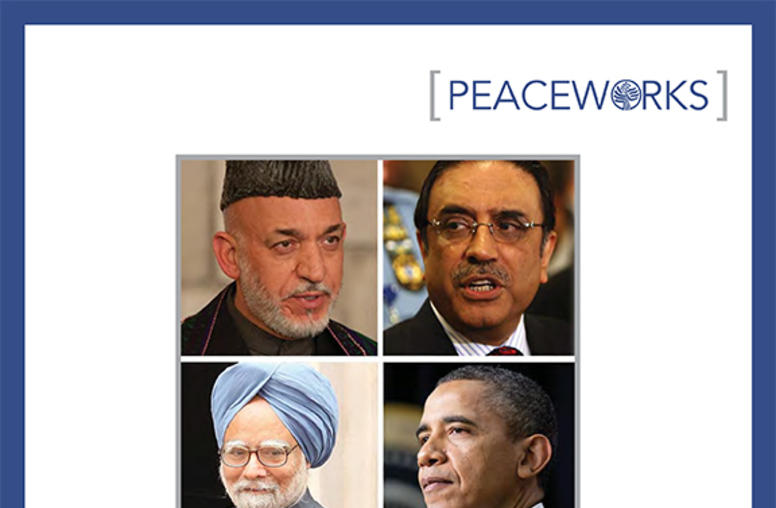
Regional Politics and The Prospects for Stability in Afghanistan
The United States is planning its withdrawal from Afghanistan as the country faces three interrelated challenges: a weak national state, rising Islamic radicalism based in Pakistan’s tribal belt, and zero-sum regional politics. The stage is set for a balance-of-power contest between India and Pakistan played out in Afghanistan that could fuel another civil war in the country. This report details the nature of the tension between India and Pakistan over Afghanistan and outlines steps that the ...
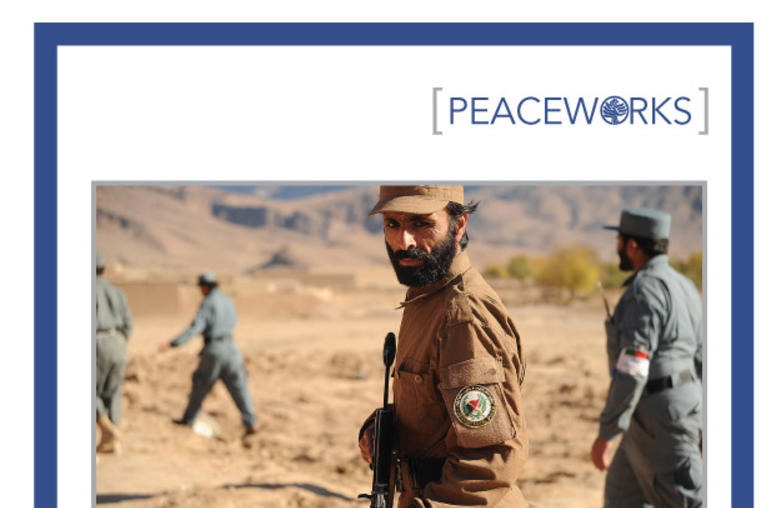
Counterinsurgency, Local Militias, and Statebuilding in Afghanistan
Arming local defense forces in Afghanistan has had mixed and often perverse effects on the security of local populations, according to this study on the role and impact of the Afghan Local Police in three provinces. These findings suggest that, as international forces draw down, the ALP will require stronger state oversight and absorption into the national police force.
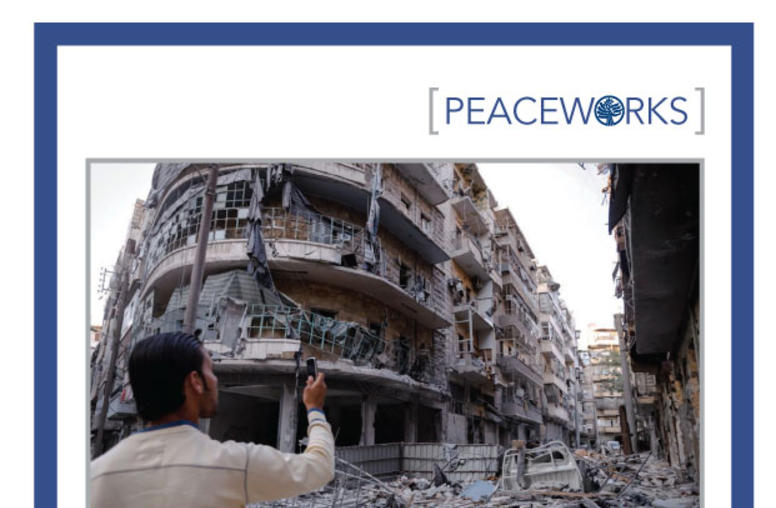
Syria’s Socially Mediated Civil War
Much of what the outside world thinks it knows about Syria has come from videos, analysis, and commentary circulated through social media. In the report, leading social media researchers assess the sources of this content, its credibility, and how it travels. Their examination of English-language and Arabic-language Twitter feeds on Syria reveal insular networks with vastly different content, calling into question Western reliance on English-only sources of information on the conflict.
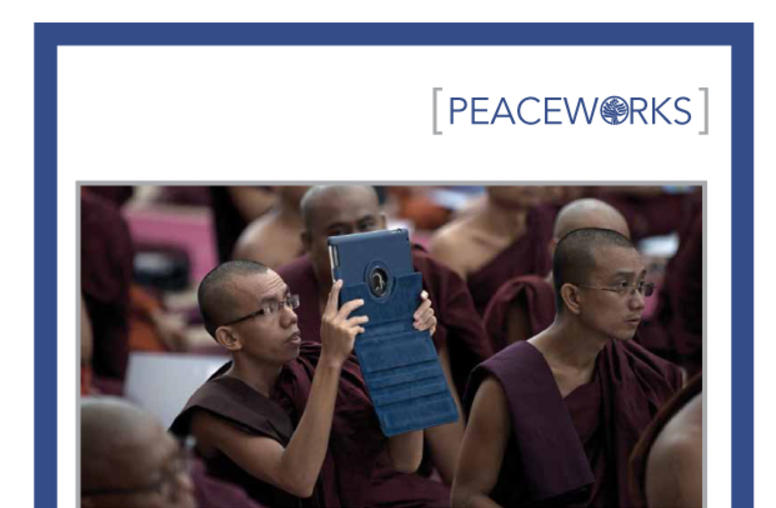
Media and Conflict in Myanmar
New media freedoms in Myanmar present an opportunity to encourage the development of local media that can help resolve ethnic, intercommunal, and state-citizen conflicts. This assessment of the evolving conflict and media landscape in the country identifies types of media initiatives the government and NGOs can take that are likely to foster peace. This report is also available in Burmese.
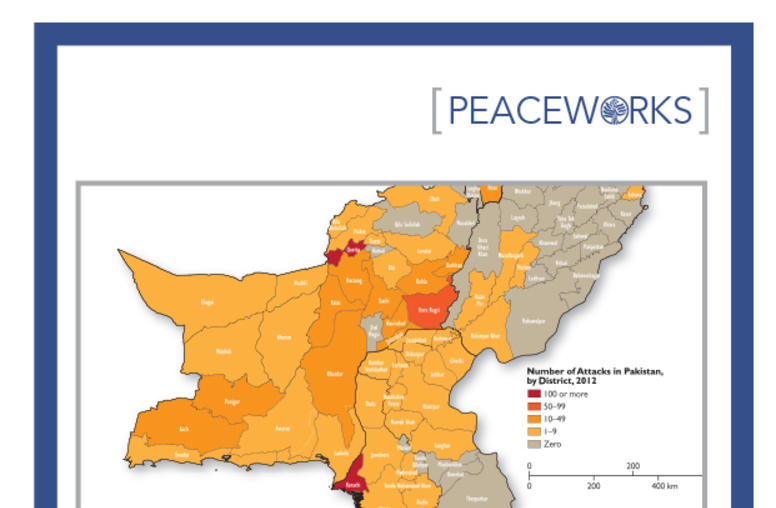
Mapping Conflict Trends in Pakistan
Over the past decade, violence has become endemic in many parts of Pakistan. This report examines the trajectory of violence and the range of conflicts in six troubled regions. The authors conclude that if existing socioeconomic conditions persist and the state continues to fail to deliver public services, justice, and security, Pakistan could face further escalation of violence and lawlessness.
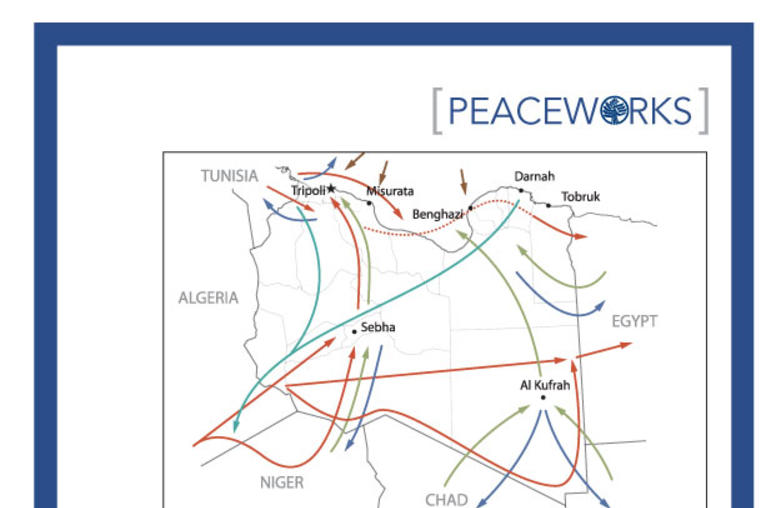
Illicit Trafficking and Libya’s Transition: Profits and Losses
As Libya emerges from forty years of autocratic rule, the criminal economy is undermining government efforts at state consolidation. This report maps the flow of weapons, migrants, drugs, and smuggled goods through Libya and details the interactions between armed groups who control illicit markets and local communities. The authors warn that efforts to beef up border control policing will not be sufficient. Combating organized crime in Libya requires a broader approach that will engage margin...
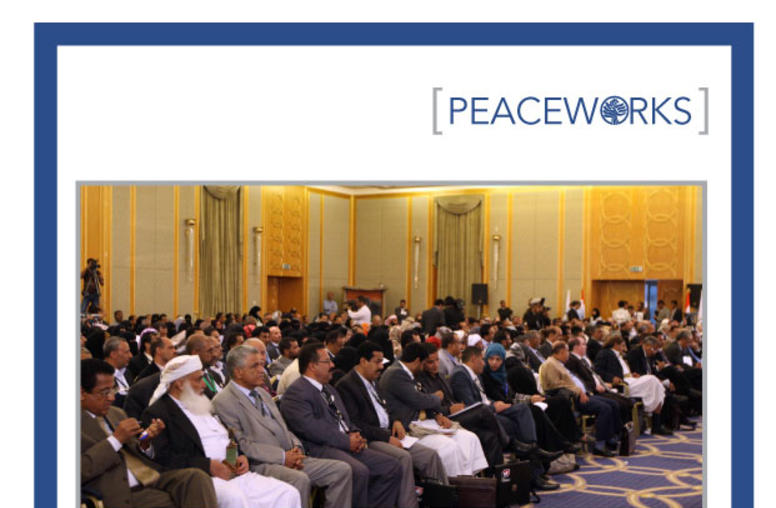
Yemen in Transition: Between Fragmentation and Transformation
A combination of a domestic balance of weakness and concerted international mediation efforts moved Yemen away from the brink of civil war. Yet it must still bridge deep divisions among its many factions if its negotiated transition is to last.
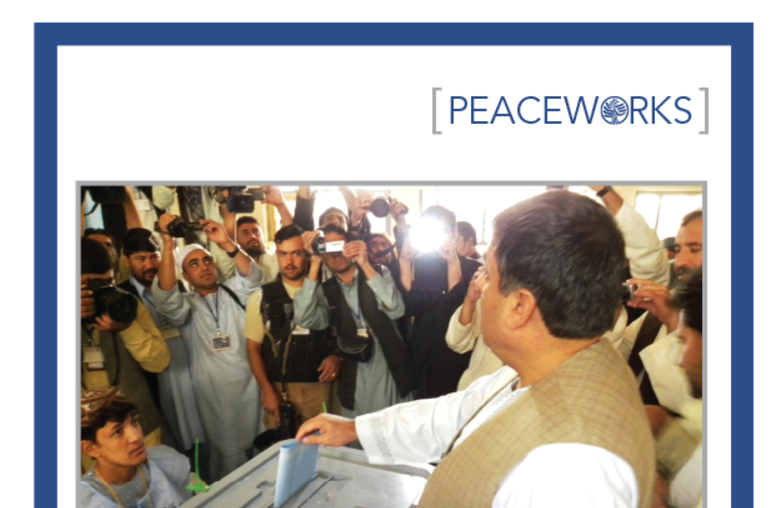
The Taliban and the 2014 Elections in Afghanistan
The international community and Afghan political leaders alike see the 2014 Afghan national elections as crucial for the continuation of political stability in Afghanistan and for the success of the past decade’s statebuilding effort there. A major factor in determining the success or failure of these elections will be how the Taliban approach them, now that it is clear that the insurgent group has not been brought to the edge of defeat by the 2010 –11 surge in the south.
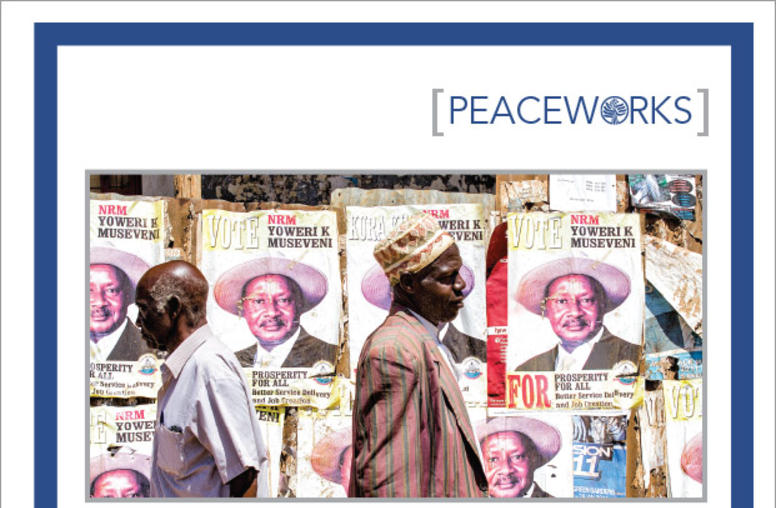
Weak Ugandan Democracy, Strong Regional Influence
Ugandan President Yoweri Museveni’s reputation is weakened by his unwillingness to leave office: he was elected for a fifth term of office in February 2016 in an election that drew international criticism. This report, a joint publication of USIP and the Institute for Security Studies, explores key elements of Uganda’s domestic politics and foreign policy as well as the impact they have in the region and internationally.